Want to hear more from the actors and creators of your favorite shows and films? Subscribe to The Cinema Spot on YouTube for all of our upcoming interviews!
Managing editor & film and television critic with a Bachelor's of Arts in English Literature with a Writing Minor from the University of Guam. Currently in graduate school completing a Master's in English Literature.
Matthew Vaughn’s cult classic Kick-Ass celebrated its tenth-anniversary last month, and the comic book story of one Dave Lizewski is one still makes sense in the world today. For fans of Mark Millar’s other works Kingsman and Civil War, Kick-Ass is a story about a young adult who makes a statement in a corrupt society where absolute evil exists but heroes with superhuman abilities do not. He claims that to be righteous and just in this type of world, one must stand up against all evil and that it is our moral obligation to spread peace through violence when needed. When you see someone mugged in an alleyway or beaten in a parking lot, are you supposed to walk away?
Aaron Taylor-Johnson and Chloë Grace Moretz starred as Lizewski/Kick-Ass and Mindy Macready/ Hitgirl. Nicolas Cage portrayed the mentor vigilante figure Big Daddy in the first installment, with Jim Carrey playing vigilante group leader Colonel Stars and Stripes in the second installment.
The two films also featured appearances and roles from other famous faces such as Mark Strong, Evan Peters, Omari Hardwick, Donald Faison, John Leguizamo, Daniel Kaluuya, Morris Chestnut, and Benedict Wong.
Kick-Ass 2 had ended with the title character trying to walk from his life of crime-fighting. The main antagonist Chris (Christopher Mintz-Plasse) is taught by his prison inmate uncle (Iain Glen) that the villain must not bear any attachments or personal feelings with their allies. To be evil is to have power and maintain order in all areas, that people must be put in this place. While this film was more controversial than its predecessor, it still holds some power. Since then, talks of a third film has been up in the air, and I personally want this story to have some proper closure.
In the concluding act of the comic book storyline, Lizewski will have graduated from high school, so it seems fitting that the character will have to enter adulthood sooner or later. He falls in love with a woman then gives up his superhero identity to become a police officer once he and his superhero vigilante allies have ridden their local city of its criminals.
The West and the Daredevil
When I first read this ending about five years ago, I was just starting out as a Freshman in the university. I believed this comic’s ending to be inspiring and that it might just play well on the big screen. However, current events in Western society — especially in America — and the Marvel Netflix series Daredevil have taught me that the law is not necessarily the right way, or at least not the only way, to go. Frankly, it’s tricky to look at.
In today’s political climate, officers of the law have a duty to do what is right and take down evil wherever they may lurk. At least, that is what they are supposed to do. The fact is what is happening right now is beyond politics. The fact that innocent individuals are being harmed one way or another has become a human issue.
Meanwhile, in Daredevil, protagonist Matthew Murdock (Charlie Cox) is a lawyer by day and a vigilante by night. When the law does not work, he puts on a costume to make sure the villains are behind bars. Main antagonist Wilson Fisk (Vincent D’Onofrio) — also known as Kingpin — is imprisoned at the end of the first season. Although, by the third season of the show, Murdock gives up his superhero identity; at this same time, Fisk hires and sends a psychotic FBI agent, Benjamin “Dex” Poindexter (in the comics, known as Bullseye), after Murdock’s closest friends and allies. The series (although we must #SaveDaredevil) ends with Murdock becoming the Daredevil once again, overcoming the hired armed individual and putting the vile leader behind bars, promising that the line between good and evil should not be crossed.
How to Make It Work
To properly conclude Dave Lizewski’s Kick-Ass story (because another individual dons the name after Lizewski gives it up), the writers must abide by the true nature of how politics are run. Speaking through words are one thing and they can only do so much, but taking action is another thing.
Johnson looks old enough to have exited the high school level, so it makes sense that his character will have to go beyond that point in his life. Lizewski’s transition from costumed hero to uniformed cop in film, as it happened on paper, can be logical but not impossible. The only issue about bringing this comic book moment into film is presenting itself as convincing. Don’t get me wrong. There are, of course, good members of police departments that do care and want to make a profound difference/change, however, when there are so many officers exhibiting actions of corruption, that’s how many people may perceive them. The character becoming a cop won’t be as believable to get rid of crime on the streets as opposed to if he took the lawyer route, like Murdock. If we look back at history, policing got its meaning from slave patrols. Lizewski — like other heroes in film, in comic books, and in reality — has a price to pay. He knows what he is getting himself into when he takes off the costume and puts on a different suit, but he chooses to sacrifice his life every day because he wants to be the role model of justice.
Christopher Mintz-Plasse’s The Motherfucker ended the second film in a bad physical state, so it would be best for Iain Glen (Resident Evil, Game of Thrones, Titans) to take over the main antagonist role for the final installment of the trilogy as the character’s uncle, making the tone darker.
I was inspired by filmmaker Matthew Vaughn’s involvement in the first film along with his direction in other works: Layer Cake, X-Men: First Class and its successor Days of Future Past, and the Kingsman franchise.
A third Kick-Ass film will need to convey the message of real-world themes while sticking true to the backbone of its source material. Simply put, evil must learn the error of its wrongdoings not at the hands of words, but through those of action. Heroes have pain in themselves, although they also know right from wrong, so they know not to offend but rather defend via offense. (You know what they: “The best defense is a good offense.”) We must fight back for good and not for evil. Even in the Bible, lightning, floods, plagues, and other events occurred on Earth before Jesus could return. As Rose said in Star Wars: The Last Jedi:
“That’s not how we’re gonna win. Not fighting what we hate [but] saving what we love.”
If you haven’t seen the films or read the comics that I mentioned in this article, you must look into them when you can. They indubitably hold extreme value no matter where you are.
A large fraction of our planet is in denial of what is happening, so let’s continue to remind them that these events are real until they can fully accept it.
Would you want to see a third film come to fruition? Have you seen Kick-Ass or Vaughn’s other works? Let us know! For more superhero and comic book-related news and reviews follow The Cinema Spot on Twitter (@TheCinemaSpot) and Instagram (@thecinemaspot_).
Source: Kick-Ass (film and comic book), Daredevil (2015-2018), and Star Wars: The Last Jedi
Managing editor & film and television critic with a Bachelor's of Arts in English Literature with a Writing Minor from the University of Guam. Currently in graduate school completing a Master's in English Literature.


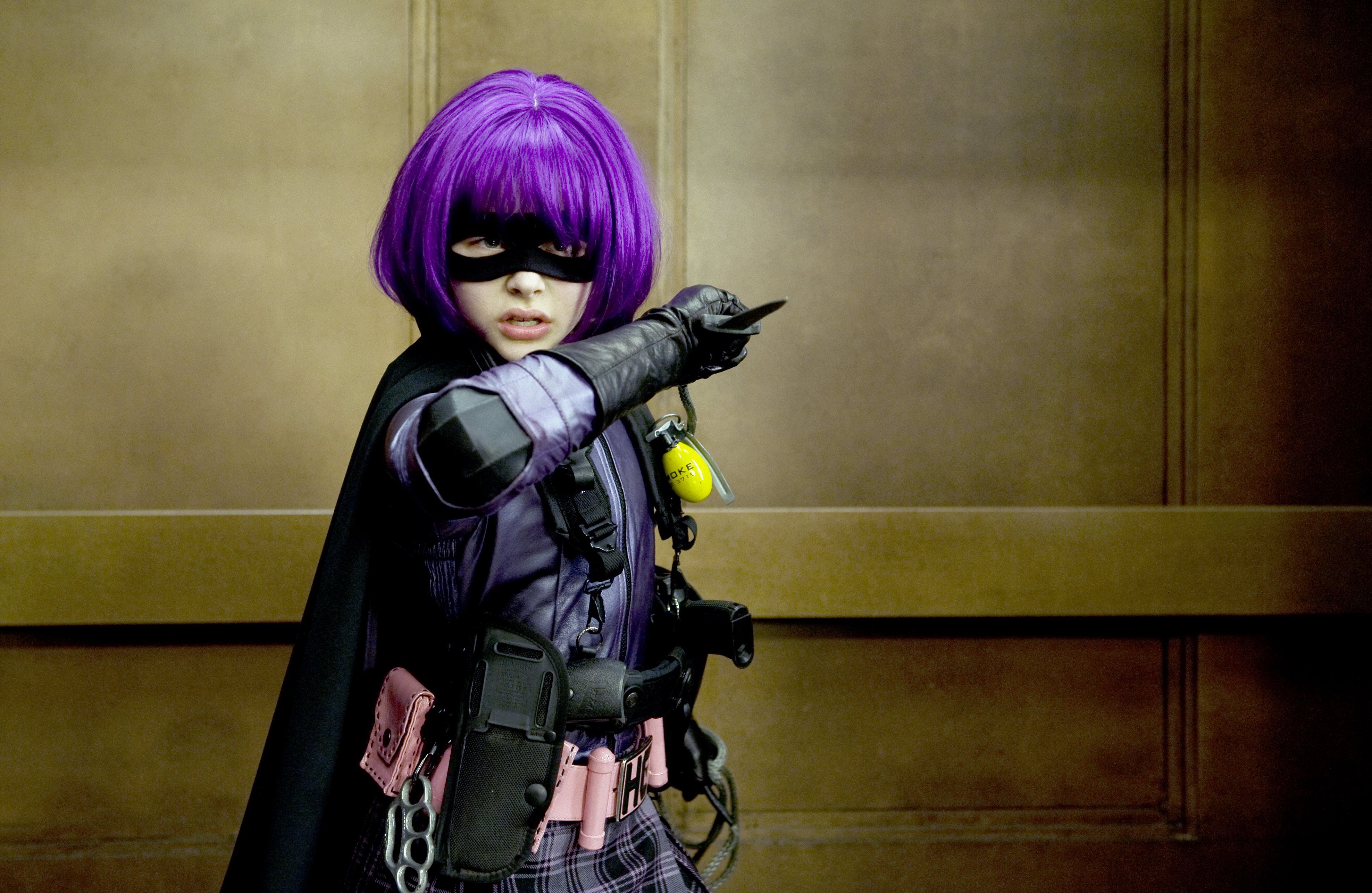
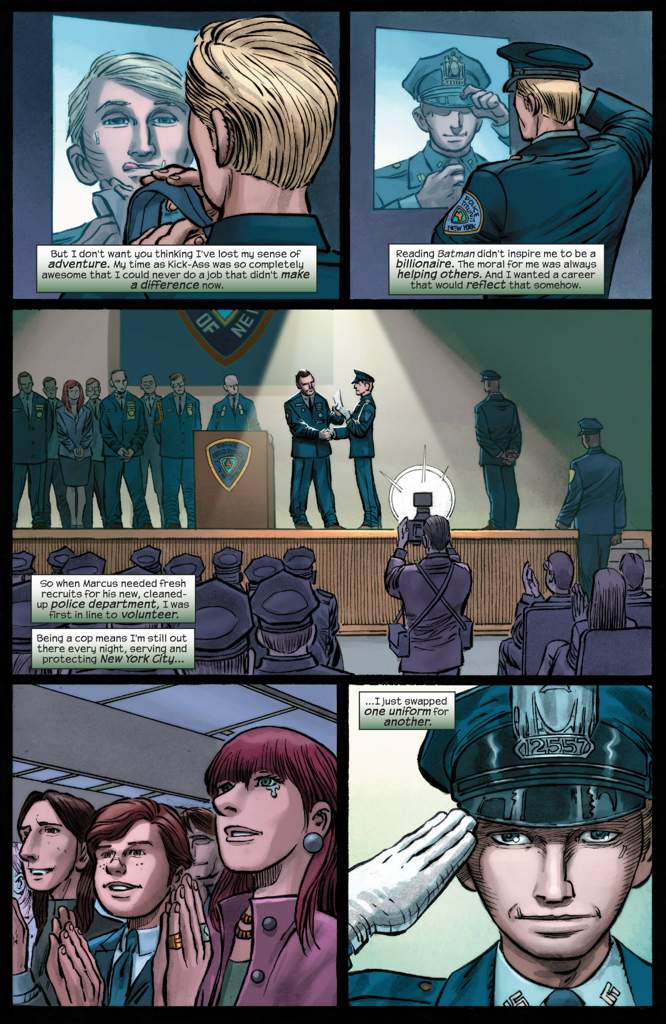
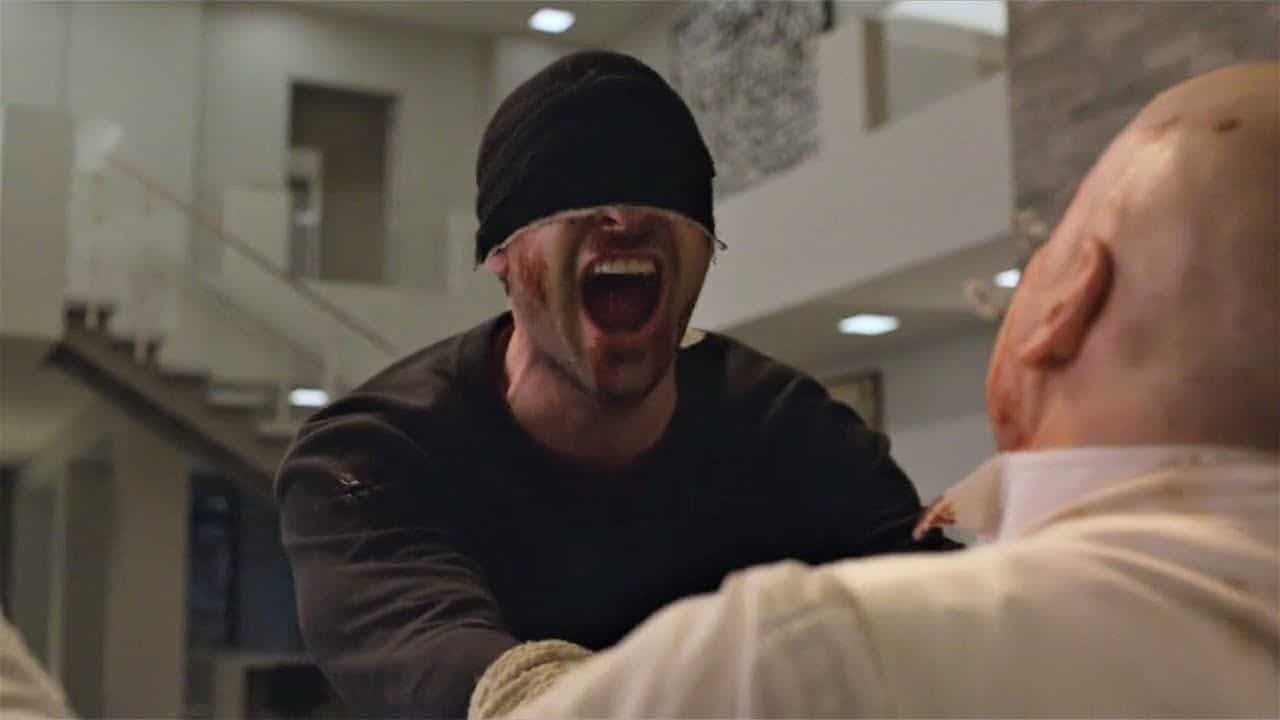
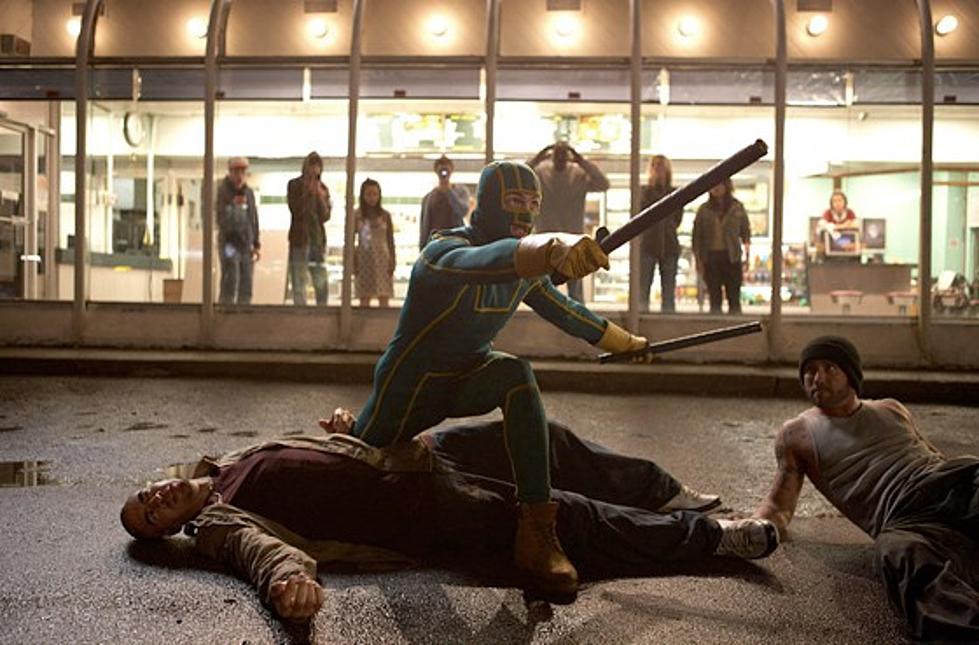

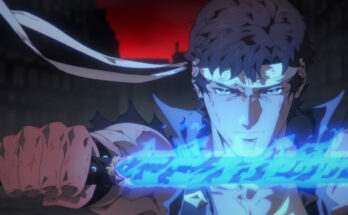
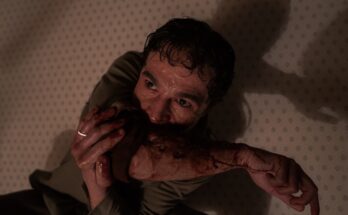
15 Comments on “How A Third ‘Kick-Ass’ Film Would Work”